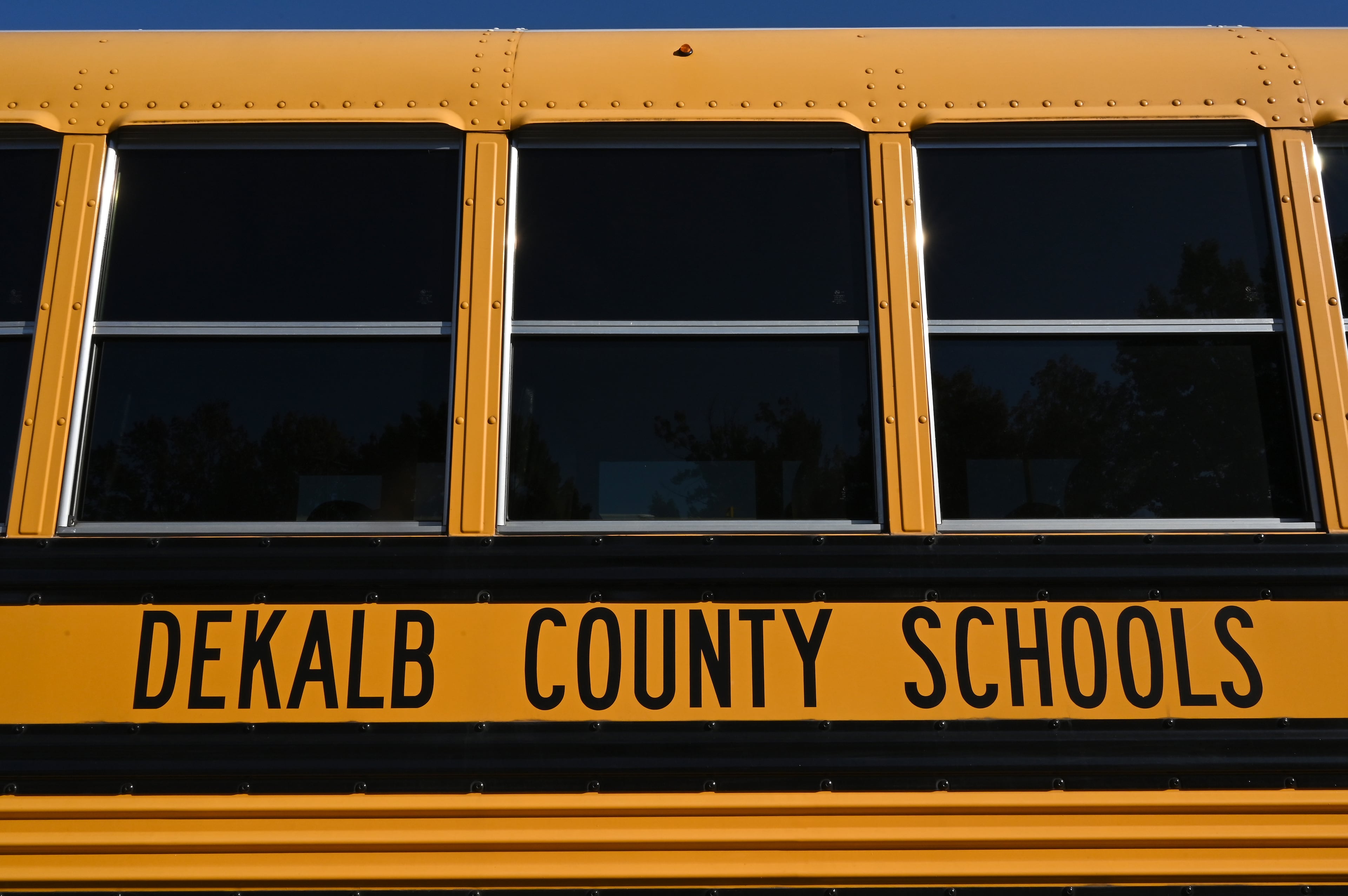Parents say board misled them on replacing old Cobb school
Parents at one of Cobb County’s oldest schools, which is plagued by sewer backups and other problems, fear they won’t be getting the money the school board promised to rebuild it.
Over the past two years or so, school board members have set aside $10 million from the district's general fund toward rebuilding the nearly 65-year-old Harmony-Leland Elementary school in south Cobb. Board members had previously indicated they would put another $5 million toward the project sometime this month.
But now they’re telling parents it could be years before they see a new school. Instead of putting aside the $5 million, the board may instead finance the project with revenue from the next education special purpose local option sales tax, or E-SPLOST.
“This is not acceptable and will not be tolerated,” said David Berny, who has two children who attend the elementary school. “If Harmony-Leland is the first school built in the next E-SPLOST, it will be six years before the new school is opened.”
Cobb school board member David Morgan, who represents the area where Harmony Leland is, said 15 acres on Factory Shoals Road to build the new school has been purchased for $1.8 million. And “there’s not really a need” for the next $5 million, he said in an e-mail dated June 3.
“The additional monies needed to build a new school would come from the next SPLOST,” the email states. “That is due to be voted on in March 2017 and Harmony-Leland would be the first school to be built.”
But parents say Harmony-Leland can’t wait that long. For years, the school has had to deal chronic leaks and sewer backups, in addition to rodent problems. The school has also been overcrowded; a dozen or so trailers are on campus to handle spillover from classrooms.
Cobb school officials had scheduled Harmony-Leland for replacement nearly five years ago, planning to use E-SPLOST funds. But board members ended up ditching the plan, saying the district couldn’t afford it.
Following outcries from parents over the decision, the board promised to set aside up to $5 million a year from general fund money for the replacement school. It was scheduled to put aside the next $5 million around June.
Berny, who is also a member of Cobb’s Facilities and Technology Citizens Oversight Committee, which oversees E-SPLOST spending in Cobb schools, said Harmony-Leland parents believe they’re being misled once again by school board members.
E-SPLOSTs have been a critical source of money to build and renovate schools since Georgia voters legalized the self-imposed, local penny sales tax 20 years ago. But not all students have benefited from the money doled out by school boards.
Schools like Harmony-Leland — with a higher percentage of low-income and minority families — are more likely to be stuck with dilapidated buildings, subpar technology and other problems that impede learning, while the majority of new schools are built to serve more affluent populations in growing suburbs.
For example, nearly two-thirds of the schools built by Cobb's penny sales tax in the past 20 years opened to student bodies with affluent majorities. Gwinnett followed that pattern, while Fulton had over half, an Atlanta Journal-Constitution analysis of state and federal data show.



